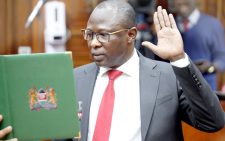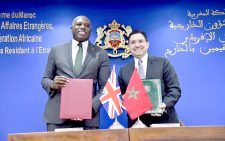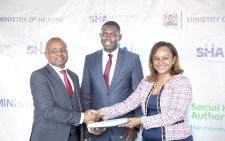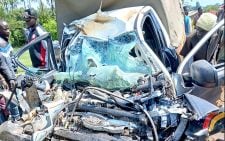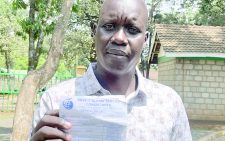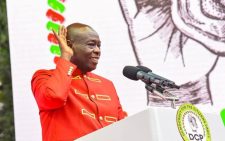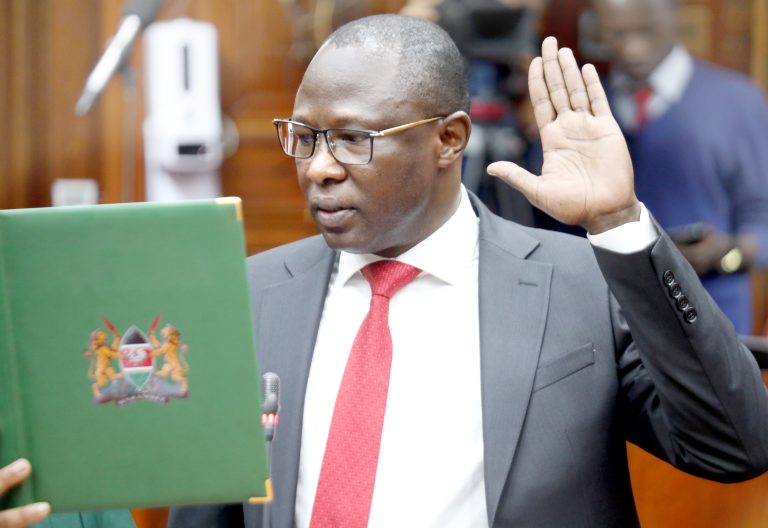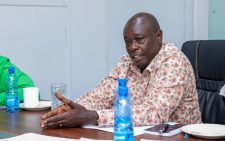Sustain fight on polio, survivor urges authorities
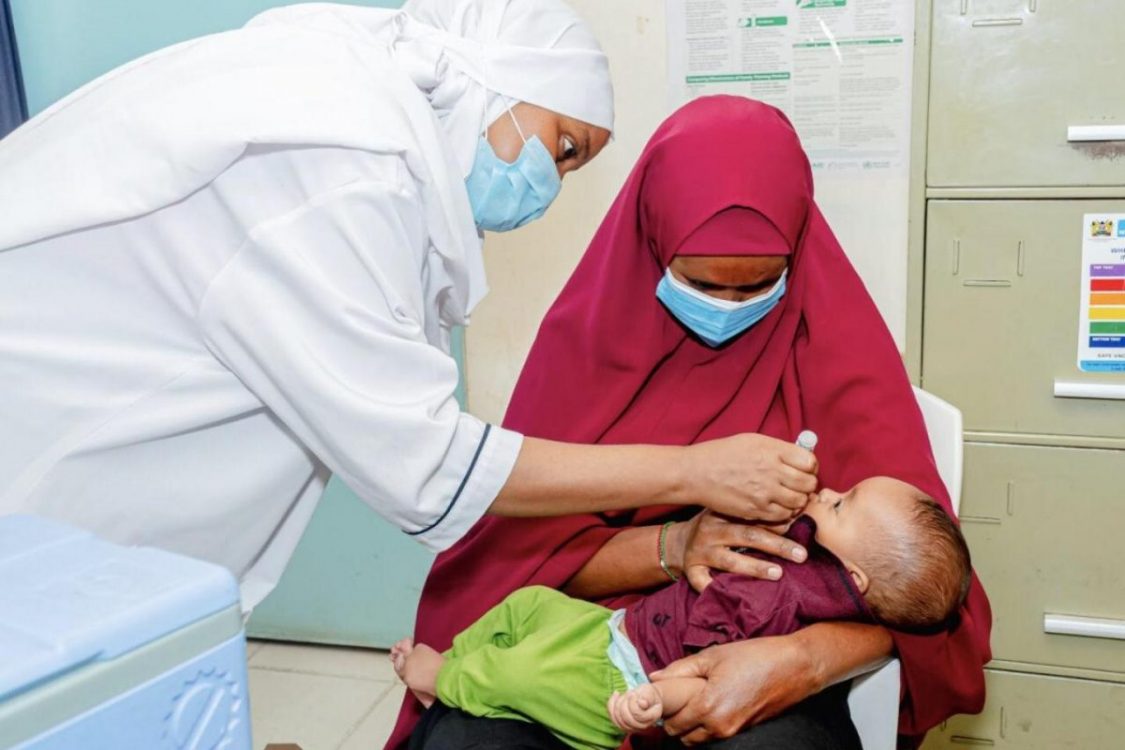
The National and County governments have been challenged to sustain surveillance and awareness campaigns against polio.
The call comes amid concerns from stakeholders on laxity on the two levels of government in fighting the debilitating disease.
Former Senator Harold Kipchumba and polio survivor, said even as the world marks the World Polio Day today, the country was making backward strides on the fight against the disease.
The former polio ambassador said the fight against the disease must not stop.
“The government has relaxed in the fight against polio, since it is no longer visible, laxity kicked in. Unlike us, economically stable countries are rethinking their awareness campaigns against polio,” he said.
He revealed that challenges in public health and health systems had impacted immunisation with the national and county government all reading from different scripts.
According to him, focusing the campaign on national level was among key challenges that ought to be addressed, saying it is high time the same was devolved so that each county can play its part.
“Let each county prioritise their issues because when you wait for the national campaign that comes once in a while, we will lose the fight. Possibly let us decide to fully devolve health or just revert the same to the national level,” he said.
Kipchumba, who won the UN in Kenya Person of the Year Award in 2015, revealed that there was little awareness by the government on immunisation, saying this poses a huge risk to children.
Kipchumba also noted that there was a need to interrogate data to establish what challenges existed as well as enforcing regular performance monitoring and interaction with counties.
The former polio ambassador, however, states that though outbreaks can be stopped promptly with two to three rounds of supplementary immunisation campaigns, there was need for adequate public awareness.
“The polio virus is highly contagious and can cause paralysis and lifelong disability, or even death. In high-risk counties, communities must report any child under the age of 15 who develops sudden weaknesses in their hands and legs,” Kipchumba explained.
Highly contagious
He further pointed out that the government had slowed down on preventive healthcare measures, adding that in places like Isiolo and Tana River there are indicators of low immunisation taking place.
“I was a champion until 2018, and after I left the campaign went down. The Ministry of Health and its partners decided to cut down on the campaign, where some cases have now been reported,” he said.
Kipchumba also claims preventive healthcare has not been prioritised, rather, the government has been focusing on curative care, which he says is expensive.
In curbing any surge of the disease, Kipchumba said utilisation of survivors is very important, as it has worked all over the world, especially in India, Pakistan, Afghanistan and parts of Europe to sensitise people.
“Sadly, for myself I took the campaign personally for five years before being awarded the UN person of the year award, in the Africa region I was also recognised by AU but in our country, you are ignored,” he stated.
He said despite being aiming champions recognised by the World Health Organisation, the government does not take that as a big milestone in the fight against polio.
“There is a need to recognise people who rise up and share their story on cancer, polio and mental illness. These are heroes,” Kipchumba said.
While calling on parents to take their children for immunisation, Kipchumba said the decision on whether one will get polio or not squarely lies on guardians and parents.
“Disability is not fun. Some leaders who have represented PWDs were making it sound like it is something nice, that there are privileges, I mean what benefit does it give me if I am disabled,” he said.
He added: “Once you become disabled, everything slows down in your life. You become a liability and people need to move on, you will need a lot. Opportunities are lost, some of us have not lived but we are doing our best. That thing should awaken parents not to allow their child to be disabled, immunise them.”
